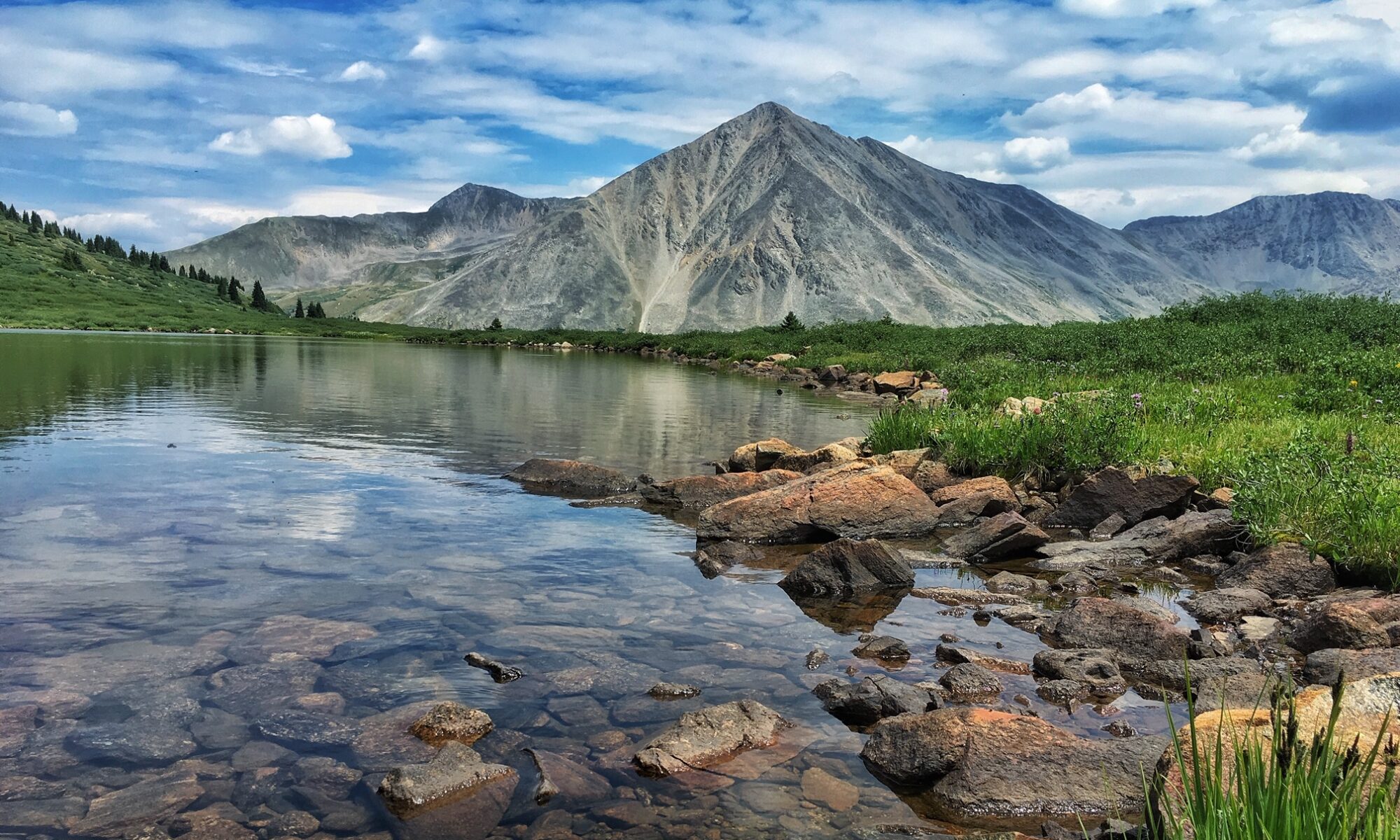It takes a village to raise a fly fisher. In my case, it was a village of fourteen fly fishing mentors who showed up in my life over the years and helped me learn the craft of fly fishing.
I’d love to pay tribute to them by naming them. But I’m not going to do so for two reasons: First, the list would resemble the credits at the end of a movie. Nobody cares about them except the producer and those involved in the production.
Second, I am still a mediocre fly fisher on my best days. So I wouldn’t want to embarrass anyone by citing them as one of my fly fishing mentors.
Perhaps I can pay tribute by listing a few characteristics that they all had in common. These characteristics can help you identify a mentor if you are new to the sport. Or, they can help you be more effective when you get the opportunity to mentor a younger fly fisher.
1. Patience
This is the number one characteristic by far.
My mentors did not sigh or curse (at least not audibly) when I slapped my line against the water, when I was slow to set the hook on a strike, or when my backcast hooked a branch. I may have even hooked one or two of my mentors. They simply went over their instructions again and again.
Bob never raised his voice when he kept telling me to mend my line, and Kevin didn’t roll his eyes when I tried to threat my tippet through my fly rod guides when we were getting ready to fish the Gallatin River.
2. The ability to simplify
Fly fishing is a complex sport. It can bewilder beginners. But good mentors break down complex concepts into simple explanations. One mentor encouraged me to stick with a few simple patterns while I learned to fly fish—the Woolly Bugger, Prince Nymph, Parachute Adams, and Elk Hair Caddis. Another boiled down my first lesson in casting to: (1) flick your wrist when you cast and (2) keep your eyes on the target. Still another taught me that the foam line in the current is the feed line. The simple explanations formed a knowledge base on which I’ve been building for more than three decades.
3. Creativity
Good mentors are also creative.
None of my mentors had me cast to the rhythm of a metronome like Norman Maclean’s father did in A River Runs Through It. But Gary Borger taught me to tie a couple important knots by using a small piece of rope rather than a tiny 6x tippet. He also taught me to pick up my line off of the surface by drawing the letter “C” with my rod tip.
Good mentors traffic in word pictures and analogies. They find vivid ways to show and tell.
4. Unselfishness
I’ve had some faux-mentors who simply left me on my own while they raced ahead to their favorite spots.
Real mentors, however, sacrifice the time they could be fishing and share the prime spots they could be fishing. They act more like guides whose mission it is to set up their clients for success.
I remember my mentor and friend, Bob, taking me to fish for fall browns on the Madison in Yellowstone National Park. He brought his rod along, but he didn’t make one cast that day. He simply devoted his time to helping me read water, cast, and (of course) mend my line. It’s rewarding to teach others to fly fish. But you have to be prepared to give up some rod time and even some of the hot spots you love to fish.
5. Humility
These mentors are some of the best fly fishers on the planet. But none of them felt the need to inform me about this. I had to coax out of them the stories about their fly fishing heroics The best mentors do not have egos the size of a jumbo jet. They do not need to tell you how great they are.
I’m convinced that humility is what enables patience and unselfishness.
Okay, maybe I will let the credits roll. I owe my fly fishing skills to the mentoring of Gerald, Duane, Doug, Kevin, Jerry, John, Murray, Bob, Toby, Harry, Dave, Gary, Leon, and Ben.
Thanks, fellas.
I’m fishing in and around Yellowstone National Park this week, and I’m a better fly fisher for all the ways you invested in my development. I wish you were all here. I still need all the help I can get.









